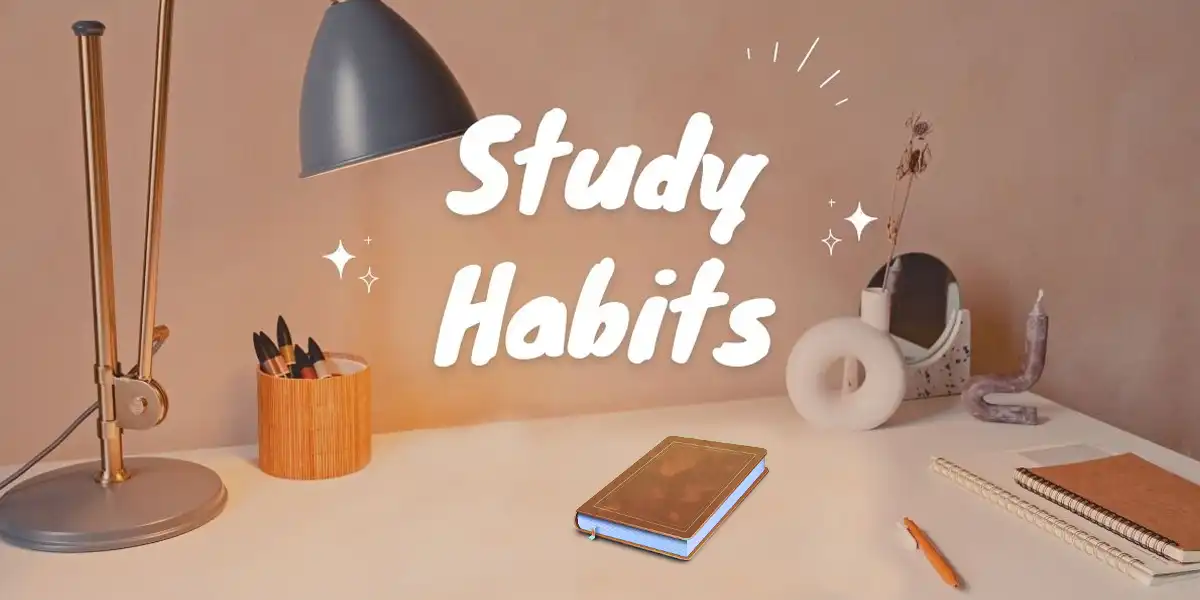
How Can I Study Fast Without Forgetting?
Jun 27, 2023 | 5 Min Read
Studying efficiently and retaining information are common objectives for students looking to optimize their learning process. You may use several methods to study more effectively and reduce your chances of forgetting the material you've learned. Here are some detailed suggestions to aid in successful analysis and improve knowledge retention:
Set clear goals: Establishing goals before each study session is essential. Define specific objectives for what you want to accomplish and the topics you plan to cover. Having a clear direction and focus will help you stay motivated and organized.
Create a study schedule: Developing a well-structured one is crucial for effective learning. Allocate dedicated time slots for each subject or topic, ensuring you distribute your study sessions evenly throughout the week. This helps prevent procrastination and ensures consistent progress.
Engage in active learning: Active learning techniques require full participation and involvement. Instead of passively reading or highlighting, try summarizing concepts in your own words, teaching the material to someone else, or engaging in discussions and debates. Actively engaging with the material helps solidify your understanding and improves long-term retention.
Utilize effective study techniques: Experiment with different strategies to find what works best for you. The Pomodoro Technique, for example, involves working in focused intervals followed by short breaks. Spaced repetition involves reviewing material at increasing intervals over time. The Feynman Technique encourages explaining concepts in simple terms. Find the methods that resonate with your learning style and integrate them into your study routine.
Take comprehensive notes: Effective note-taking is a valuable study skill. Develop a system that works for you, whether it's using bullet points, mind maps, or a combination of techniques. Listen actively and extract the essential information during lectures or reading textbooks. Organize and structure your notes logically to facilitate a more accessible review and reinforce your understanding.
Utilize visual aids: Visual aids such as diagrams, charts, graphs, or concept maps can be powerful tools for visual learners. These visual representations help you organize information, identify relationships between concepts, and enhance memory retention. Experiment with different visual tools to find the ones that resonate with you.
Practice regular review: Regularly reviewing previously studied material is crucial for long-term retention. Set aside dedicated time to review older material alongside your current studies. Utilize spaced repetition techniques, which involve examining information at increasing intervals over time, to reinforce your memory and ensure that knowledge stays fresh in your mind.
Test yourself: Testing yourself is an effective way to assess your understanding and reinforce learning. Use practice tests or quizzes, or create questions based on your study material. Actively retrieving information from memory strengthens memory recall and solidifies your knowledge.
Seek diverse resources: Explore various learning resources to gain different perspectives and explanations. Apart from textbooks, leverage online lectures, videos, interactive websites such as pay someone to take my exam or even educational apps.
Teach others: Teaching others is an ideal way to reinforce your knowledge of the material. Engage in study groups, train your peers, or explain concepts to friends and family. Teaching requires you to break down complex information into simpler terms, which deepens your comprehension and helps you remember the material more effectively.
Stay motivated and manage stress: Maintaining and managing motivation is essential for effective studying. Set realistic expectations, break your study sessions into manageable chunks, and celebrate small milestones. Practicing stress management techniques like deep breathing exercises, meditation, or engaging in hobbies that help you relax. By remaining positive and handling stress, you make an optimal learning environment for yourself.In addition, each person has different learning preferences and styles, so it's important to experiment with various strategies and adapt them to suit your needs. With constant effort, effective study habits, and implementing these techniques, you can maximize your learning potential, retain information more effectively, and achieve academic success.
Related Blogs

Pay Someone to Take My Exam

Why do I take an exam?

Is test anxiety real?

Does test anxiety affect IQ?

Why Do I Fake Anxiety?

Why Do I Fear Tests?

What Is Exam Anxiety?

Can Test Anxiety Make You Fail?

How do I stop my exam phobia?

Why Am I So Bad At Taking Tests?

How Do You Take An Exam?

How Can I Focus 100 On Studying?

How Can I Study 10x Faster?

How Can I Study 1 Hour With Concentration?

What Is The Best Time To Study?

How To Study Fast?

How Can I Study Faster And Smarter?

How Can I Study Fast Without Forgetting?

How Can I study My Brain Fast?

How To Study Better?

What Are The Five Successful Study Habits?

How Can I Study In Difficult Time?